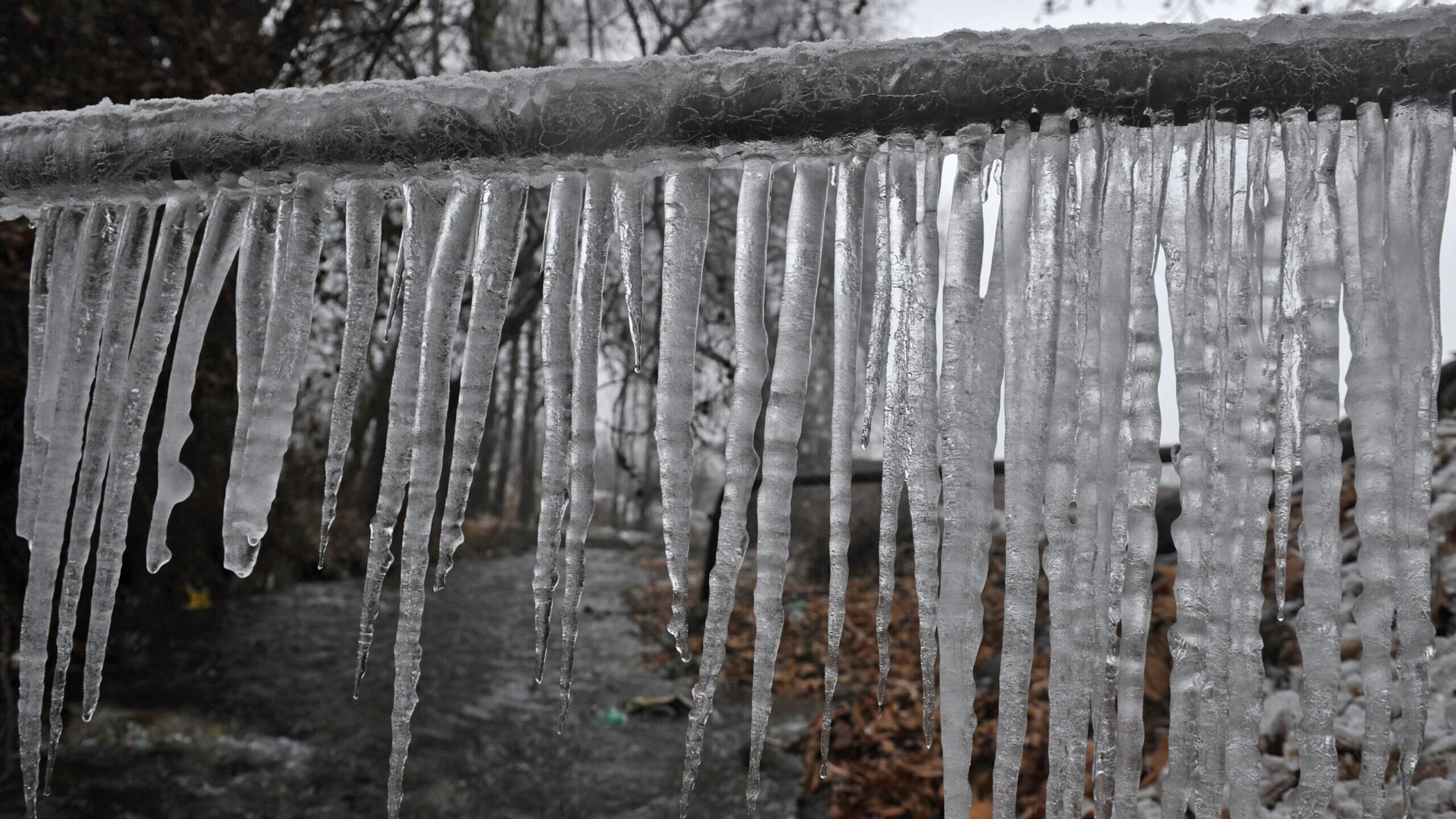The article down the page involving How to Prevent Your Pipes From Freezing is unquestionably remarkable. Don't miss it.

Cold weather can ruin your plumbing, specifically by freezing pipes. Below's how to avoid it from occurring and what to do if it does.
Introduction
As temperature levels decline, the threat of frozen pipes rises, possibly causing expensive repair services and water damage. Understanding just how to prevent icy pipelines is essential for house owners in cool environments.
Prevention Tips
Insulating prone pipelines
Cover pipelines in insulation sleeves or make use of warmth tape to protect them from freezing temperatures. Concentrate on pipes in unheated or outside areas of the home.
Heating methods
Maintain indoor rooms properly heated, specifically areas with plumbing. Open cabinet doors to allow warm air to circulate around pipelines under sinks.
How to determine frozen pipelines
Seek reduced water flow from taps, uncommon odors or sounds from pipes, and visible frost on revealed pipes.
Long-Term Solutions
Structural changes
Think about rerouting pipelines far from exterior wall surfaces or unheated areas. Include extra insulation to attic rooms, basements, and crawl spaces.
Updating insulation
Invest in high-grade insulation for pipes, attic rooms, and wall surfaces. Appropriate insulation helps keep constant temperatures and decreases the danger of icy pipes.
Protecting Outdoor Pipes
Yard hose pipes and outside taps
Disconnect and drain garden pipes prior to winter season. Set up frost-proof faucets or cover exterior taps with insulated caps.
Understanding Frozen Pipes
What triggers pipelines to ice up?
Pipelines ice up when revealed to temperature levels listed below 32 ° F (0 ° C) for expanded durations. As water inside the pipelines ices up, it increases, taxing the pipeline wall surfaces and potentially causing them to burst.
Risks and damages
Icy pipelines can cause water system interruptions, building damages, and costly repair work. Ruptured pipelines can flood homes and cause considerable structural damage.
Indicators of Frozen Water Lines
Identifying icy pipes early can stop them from rupturing.
What to Do If Your Pipelines Freeze
Immediate activities to take
If you suspect icy pipes, maintain taps available to relieve stress as the ice thaws. Utilize a hairdryer or towels taken in hot water to thaw pipelines gradually.
Final thought
Protecting against frozen pipes calls for proactive procedures and fast responses. By comprehending the reasons, indicators, and preventive measures, house owners can shield their pipes during cold weather.
Helpful Tips to Prevent Frozen Pipes this Winter
UNDERSTANDING THE BASICS: WHY PIPES FREEZE AND WHY IT’S A PROBLEM
Water freezing inside pipes is common during the winter months, but understanding why pipes freeze, and the potential problems it can cause is crucial in preventing such incidents. This section will delve into the basics of why pipes freeze and the associated problems that may arise.
THE SCIENCE BEHIND FROZEN PIPES
When water reaches freezing temperatures, it undergoes a physical transformation and solidifies into ice. This expansion of water as it freezes is the primary reason pipes can burst. As the water inside the pipe freezes, it expands, creating immense pressure on the walls. If the pressure becomes too great, the pipe can crack or rupture, leading to leaks and water damage.
FACTORS THAT CONTRIBUTE TO PIPE FREEZING
Low Temperatures: Extremely cold weather, especially below freezing, increases the risk of pipes freezing. Uninsulated or Poorly Insulated Pipes: Pipes located in unheated areas, such as basements, crawl spaces, or attics, are more prone to freezing. Insufficient insulation or lack of insulation altogether exacerbates the problem. Exterior Wall Exposure: Pipes running along exterior walls are susceptible to freezing as they encounter colder temperatures outside. Lack of Heating or Temperature Regulation: Inadequate heating or inconsistent temperature control in your home can contribute to frozen pipes. PROBLEMS CAUSED BY FROZEN PIPES
- Pipe Bursting: As mentioned earlier, the expansion of water as it freezes can cause pipes to burst, resulting in significant water damage.
- Water Damage: When pipes burst, it can lead to flooding and water damage to your property, including walls, ceilings, flooring, and personal belongings.
- Structural Damage: Prolonged exposure to water from burst pipes can compromise the structural integrity of your home, leading to costly repairs.
- Mold and Mildew Growth: Excess moisture from water damage can create a favorable environment for mold and mildew growth, posing health risks to occupants.
- Disrupted Water Supply: Frozen pipes can also result in a complete or partial loss of water supply until the issue is resolved.
WHY CERTAIN PIPES ARE MORE PRONE TO FREEZING
- Location: Pipes located in unheated or poorly insulated areas, such as basements, crawl spaces, attics, or exterior walls, are at higher risk of freezing.
- Exterior Pipes: Outdoor pipes, such as those used for irrigation or exposed plumbing, are particularly vulnerable to freezing as they are directly exposed to the elements.
- Supply Lines: Pipes that carry water from the main water supply into your home, including the main water line, are critical to protect as freezing in these lines can affect your entire plumbing system.
- Underground Pipes: Pipes buried underground, such as those connected to sprinkler systems or outdoor faucets, can be susceptible to freezing if not properly insulated.
https://busybusy.com/blog/helpful-tips-to-prevent-frozen-pipes-this-winter/

Do you appreciate reading about Prevent Frozen Pipes ? Place a short review directly below. We'd be delighted to find out your thoughts about this review. We are looking forward that you come back again in the near future. Feel free to set aside a second to share this post if you appreciated it. I am grateful for being here. Please check up our site back soon.
Order Repair